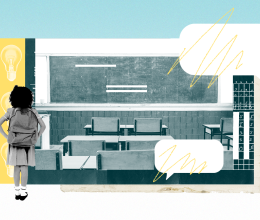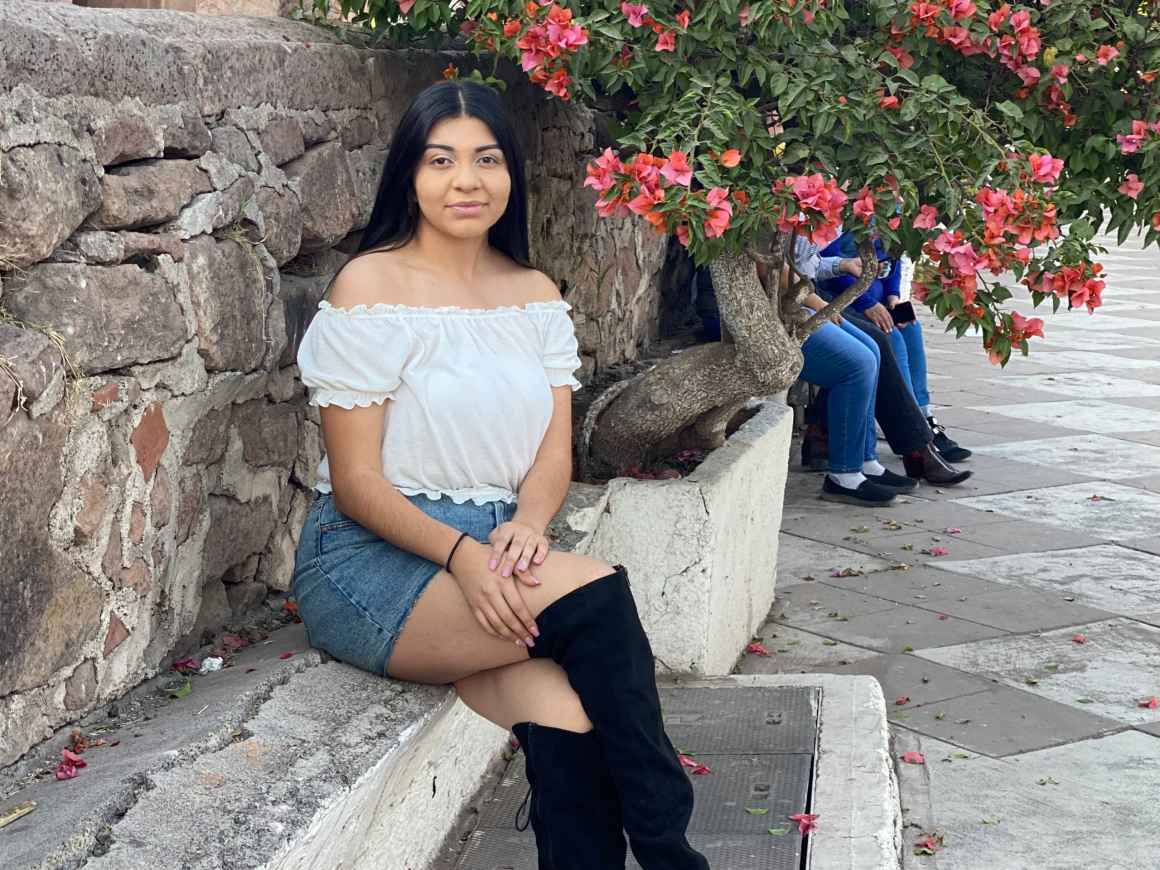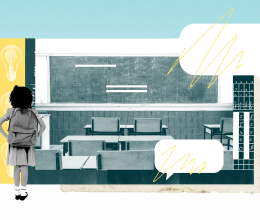

Miriam was raised in Jerome, Idaho. She also attended schools in Jerome, including Jefferson Elementary, Summit Elementary, Jerome Middle School, and Jerome High School. Both of her parents are from small ranchos in Mexico and immigrated to the States.
As Miriam shared, her parents constantly worked to provide for her and her siblings growing up. This made it difficult for them to attend school events, where she seldom saw parents and students who looked like her. But her family always motivated her to continue pursuing her education. Miriam also recalled instances when she did not feel as welcome in school because of her ethnic identity. Based on these experiences, she wishes Latine students would receive more support in schools, including first-genration Latine students.
Miriam is now a sophomore are Idaho State University where she is studying Health Science.
The following interview has been edited for clarity.
Can you tell us about yourself and your experiences with schools in Jerome?
I was raised in Jerome, ID all my life. Both of my parents are from small ranchos in Mexico and immigrated to the States. My parents were always working to provide for our family growing up. From my earliest memories, I recall my older sisters being the ones to take care of me and being role models. I remember in elementary school they would host events called “donuts for dad” or “muffins for mom.” I was never able to attend any of those events, and I remember looking inside the event and not seeing anyone that looked like me being in the event. Since I have two older sisters, I always had an example of what I need to do and to motivate myself to continue my education. I was always pushed past my limit to succeed and to never give up on my education. My parents never even got to high school in their education and I was always reminded from them to continue so I wouldn’t end up like them.
Do you identify as a Hispanic/Latine/Chicanx/other student? What does this identity mean to you?
Yes, I identify as a Hispanic/Latina/Chicana student. This identity means to me that I am proud of my culture and I am not afraid to show it in my everyday life, including my studies. I am also still learning about who I am and where the culture comes from. Many think or say that all Hispanics are fluent in the Spanish language and have poor grammar or language skills in English. This isn’t the case for many Hispanics. I recall being in the English as a Second Language (ESL) program for a short time in elementary school, and needing to be in a separate class to improve my reading skills. Due to this, peers would automatically think that I couldn’t understand English well and would talk about how all the Latinos are exactly the same. When in reality, that is not true. In some cases, some Hispanics are not fluent in Spanish, since it wasn’t the language spoken at home.
Have you ever experienced something in school that made you feel unwelcome because of your racial or ethnic identity?
I wouldn’t notice it until the moment has already passed or when I have gotten home. I always knew that I didn’t look like majority of my peers and I can remember the tense looks in elementary school that I would get whenever my mom would do my hair. There would be a few comments, but I wouldn’t really read the meaning of what they were saying or didn’t comprehend [the meaning of it] after a while. That is when I would feel ashamed about who I was.

Did you generally feel safe in your interactions with law enforcement personnel at school?
I used to, until the election of the presidency in 2020. The environment was tense and I remember always needing to look around and be aware of my surroundings.
Based on your experiences, how do you think you/Latine students would feel better supported in schools in Jerome?
Always being aware of what is said and occurring inside and outside of school. No one truly knows what is going on behind closed doors. Also, not everyone takes information the same way, so maybe you said something that seemed “funny” to you, but it could have been hurtful to others. Also, keep trying to motivate Latine students. Some will only ask once and never really continue checking up on the Latine students. Education is sometimes something new to us because most are first generation and have no idea what they are doing. If teachers could continue to push them and motivate them, it will help a lot and in the long run.
The Education Equity for Latinx Students project started in the fall of 2022 as part of our efforts to expand racial justice work on behalf of Idaho students, beginning with Latinx communities.
READ MORE STORIES AND LEARN ABOUT THE EDUCATION EQUITY FOR LATINX PROJECT
